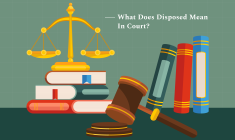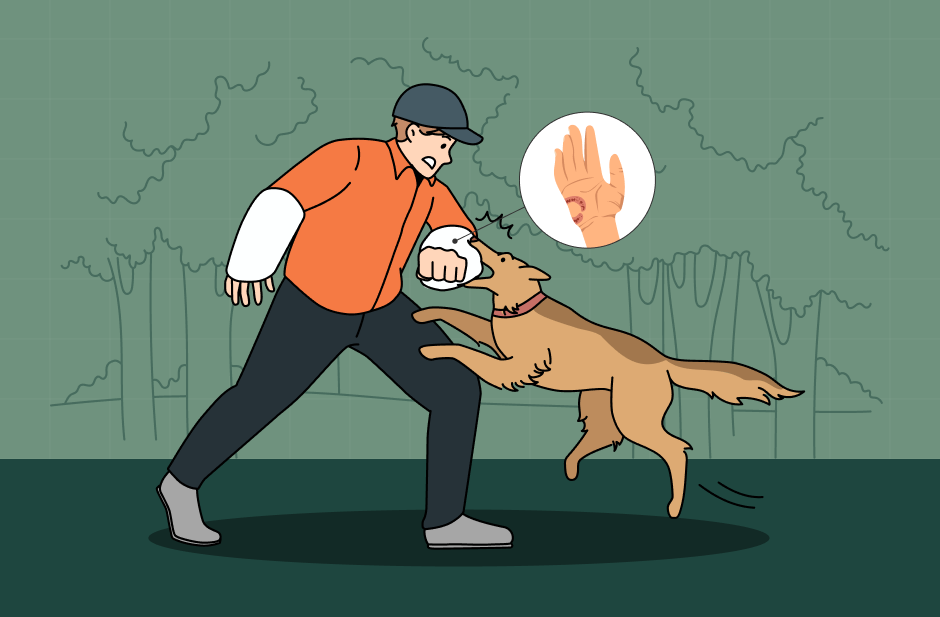Most people tend to associate the term personal injury with car accidents, workplace mishaps, or slip and fall cases. Nevertheless, the scope of personal injury law is wider, and in some instances, it may involve non-physical harm.
Defamation – that is to say, scurrilous talk (slander) and false writings (libel) – can make a person whose name has been mentioned suffer greatly not only from the loss of reputation but also from the career and the emotional aspect of the individual.
If you have been the subject of false and harmful allegations, a Pensacola personal injury lawyer can guide you through the defamation aspects in the scope of personal injury claims.
In this article, I will talk about the following things:
- What is a defamation case?
- Is defamation a personal injury?
- When should you hire a lawyer for a defamation case?
Therefore, if these are some of the things that you want to know, keep on reading this blog till the end…
What Is A Defamation Case?
Defamation occurs when false information is shared about someone, and that information causes harm. Not every negative comment qualifies as defamation. To be considered defamation, a statement generally must:
- Be false (truth is usually a defence)
- Be published to at least one other person
- Cause actual harm, such as loss of employment, income, or reputation
- Not be protected by privilege (for example, statements made in court)
This makes defamation very different from physical injury cases, but the underlying principle is the same: someone has suffered harm because of another person’s actions.
What Are The Key Elements Of Defamation?
For a statement to be defamatory and a case to proceed, the following conditions are generally required:
- Defamatory Statement: The statement must be untrue and be of such a nature as to lower a person in the estimation of right-thinking people or to expose them to scorn or ridicule.
- Publication: The statement must have been made known to at least one other person besides the defamed individual.
- Identification: The defamatory statement must be such that, the plaintiff (the person bringing the lawsuit) can be identified.
- Harm/Damages: The plaintiff must have been harmed by their reputation.
- Intent or Knowledge: The defendant either did so with the intention of hurting the plaintiff’s reputation or knew or had reason to believe that the statement would cause harm.
What Are The Types Of Defamation?
- Libel: This is defamation through a permanent medium, such as writing, printing, or pictures.
- Slander: This is the making of defamatory statements orally or through gestures.
Is Defamation A Personal Injury?
In a traditional sense, personal injury cases are usually about physical damage to a person’s body. But the law also recognizes that injuries to a person’s honor, reputation, and the emotional sphere are just as serious.
Defamation might be categorized under this wider description, thus giving the possibility to claim the following types of damages:
- Aggravation of the emotional state because of the damage to the reputation
- Unjustly caused unemployment or business situations, like making false claim,s that lead to lost income or opportunities
- Expenses for restoring the reputation, such as organizing public statements or other necessary measures
On top of that, while you don’t get the money for the hospital bills, the damages can be just as large to help you get back to your normal quality of life.
How To Prove Defamation?
One possible way to prove defamation is by providing concrete evidence. Proof can be:
- Copying or capturing the defamatory statement in a picture.
- People who heard or read the statement.
Additionally, some of the most common signs of damage include:
- Getting fired.
- Losing contracts.
- Making less income.
Contrary to physical injuries that are usually backed by medical reports, in defamation lawsuits, it is crucial to heavily rely on forging the connection between the false statement and the harm to the plaintiff.
What Are The Common Defences Against Defamation Claims?
In the case where you file a defamation suit, the opposing party may present one of the following common defences:
- Truth: The statement, if it is true, is the reason why no defamation usually takes place.
- Opinion: Complete opinions, unlike false statements of facts, are most of the time free speech and so protected.
- Privilege: Speakers in some situations, e.g., during parliamentary proceedings or while statements are made in court, may be protected by law.
Knowing these justifications is crucial in deciding the viability of bringing a lawsuit.
Should You Hire A Lawyer For Defamation Cases?
Defamation cases are very complicated. The issues of free speech rights, changing digital platforms, and communication from different countries are just some of the factors that make these cases difficult to handle.
The professional guidance is really important for:
- Determine if a statement is legal or not
- Finding the right proof to support your claim
- Calculating the potential losses and the results that can be achieved
- Complete control of the negotiations or court proceedings
Without the proper advice, it is quite difficult to see the obstacles in front of you – to prove the harm done and to get fair compensation.
How To Take Action In Defamation Cases?
If you are planning to take action against defamation, there are a few things that you need to do.
First of all, you should collect as much proof as you can that the defamatory statement was false and damaging to you.
Then, get in touch with an attorney who will assess how strong your case is and what the proper legal steps will be. Subsequently, a legal notice locating the offender and requesting a withdrawal or apology can be sent by you.
Furthermore, suppose an amicable settlement is not possible. In that case, your attorney will assist you in writing a lawsuit and filing it at the competent court, civil or criminal, depending on the nature of the case.
Here are the steps that you need to take:
- Gather evidence.
- Consult a lawyer.
- Issue a legal notice.
- File a case.
- Attend the hearing.
Untrue and hurtful comments about you can be really upsetting. However, the damage to your personal and professional life, although it is not physical, can still be long-lasting.
The law treats defamation as a case of personal injury, and it provides ways to seek justice and compensation.
If you are sure of your innocence, consider taking legal action against the person who defamed you in order to rehabilitate your reputation and get your peace of mind back.
READ ALSO:
















